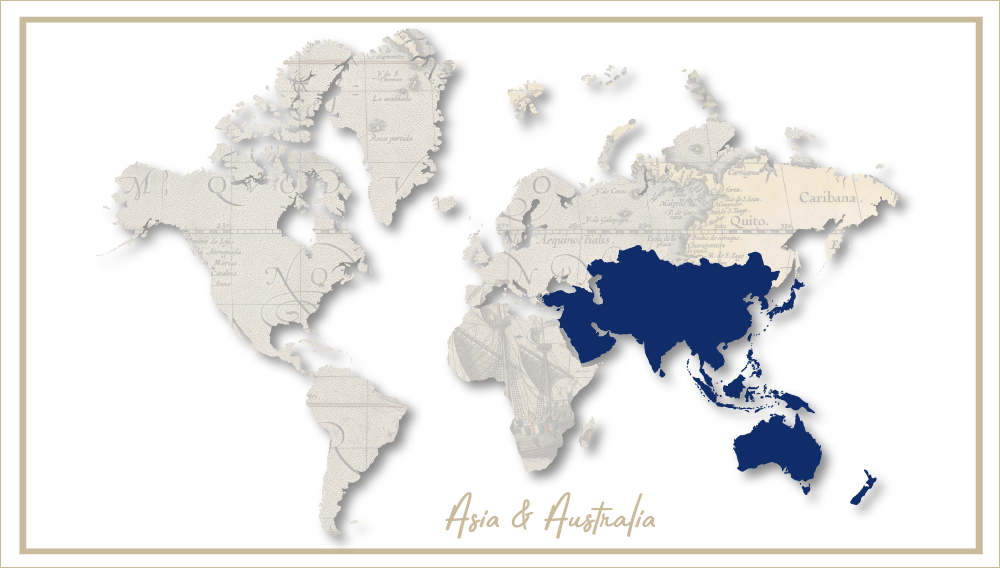Ban on alcohol in 2014?
Some say that Jakarta, along with its tropical partner, Bali, has the best nightlife anywhere in Southeast Asia, which seems like an incongruous reputation considering that close to 90 percent of Indonesia’s 250 million people are Muslims, making it by far the world’s largest Muslim population – greater than Egypt, Tunisia, Libya, Saudi Arabia and the Persian Gulf countries combined.
A national ban on alcohol, which has been in the political pipeline for years and would decimate the night life in tourist haven Bali, has been proposed for Indonesia’s legislative agenda this year as the country prepares for a general election. Legislators might be willing to back prohibition to appeal to conservative Islamic voters, observers say.
The bill for a ban on alcoholic drinks was drafted by the predominantly Islamic United Development Party (PPP), a member of the President Susilo Bambang Yudhoyono’s governing coalition. The United Development Party has 39 representatives, which is 7 percent of the seats, in the 560-seat parliament.
The strict ban should be ’’applied nationwide within the territory of the unitary state of the republic of Indonesia’’, the bill says.
Those who produce alcoholic drinks would be subject to penalties of up to 10 years in prison and USD 1 million in fines; there would be USD 520,000 in fines and five years in prison for those who distribute them, and two years’ imprisonment and a USD 20,800 fine for those who consume alcohol, according to media reports.
Australian media have shown a great interest in this matter as Bali, for long, has been a “home away from home” for their countrymen. They commented that the ban is part of a heavy legislative agenda in a notoriously gridlocked and slow-moving parliament. It may never even be debated, let alone passed, as the prohibition bill initially garnered widespread criticism, with the PPP promising to rewrite the blanket ban into more comprehensive regulations on the sale of alcoholic beverages.
However, an updated version of it has yet to surface – with hardline Muslim groups threatening to push the original draft through parliament as-is.
Unbeknown to many, Indonesia is a major importer of alcohol. That’s because the Indonesian government maintains numerous restrictions on the importation and distribution of alcohol — constraints that have fuelled a vibrant black market. Reportedly, 75 percent of the booze business in Indonesia is illegal or semi-legal, often overseen by the military.
Given all those regulations, it’s no wonder Indonesia’s domestic beer production is small: 2.6 million hl in 2012, according to the Barth Report. Multi Bintang Indonesia (owned by Asia Pacific Breweries/Heineken) with its popular Bintang and Batavia Lager brands plus import brand Guinness, and Delta Djakarta, the producer of Anker beer and importer of Carlsberg and San Miguel, are the sole domestic brewers on the stock exchange and, together with a number of small breweries and other liquor producers, cannot meet domestic demand.
Media reported that tax on alcohol sales reached USD 4.8 billion in 2012, with the tourism sector contributing 60 percent of that total. Tourism contributes 4.1 percent to Indonesia’s GDP – employing 6.9 percent of the nation’s workforce. More than 8 million tourists visited the country in 2012, with 3 million of them travelling to Bali.
Should there really be a ban on alcohol, tourists will likely give Bali a wide berth, administering another blow to its tourist industry which took years to recover from plummeting figures after the 2002 bomb attacks.

